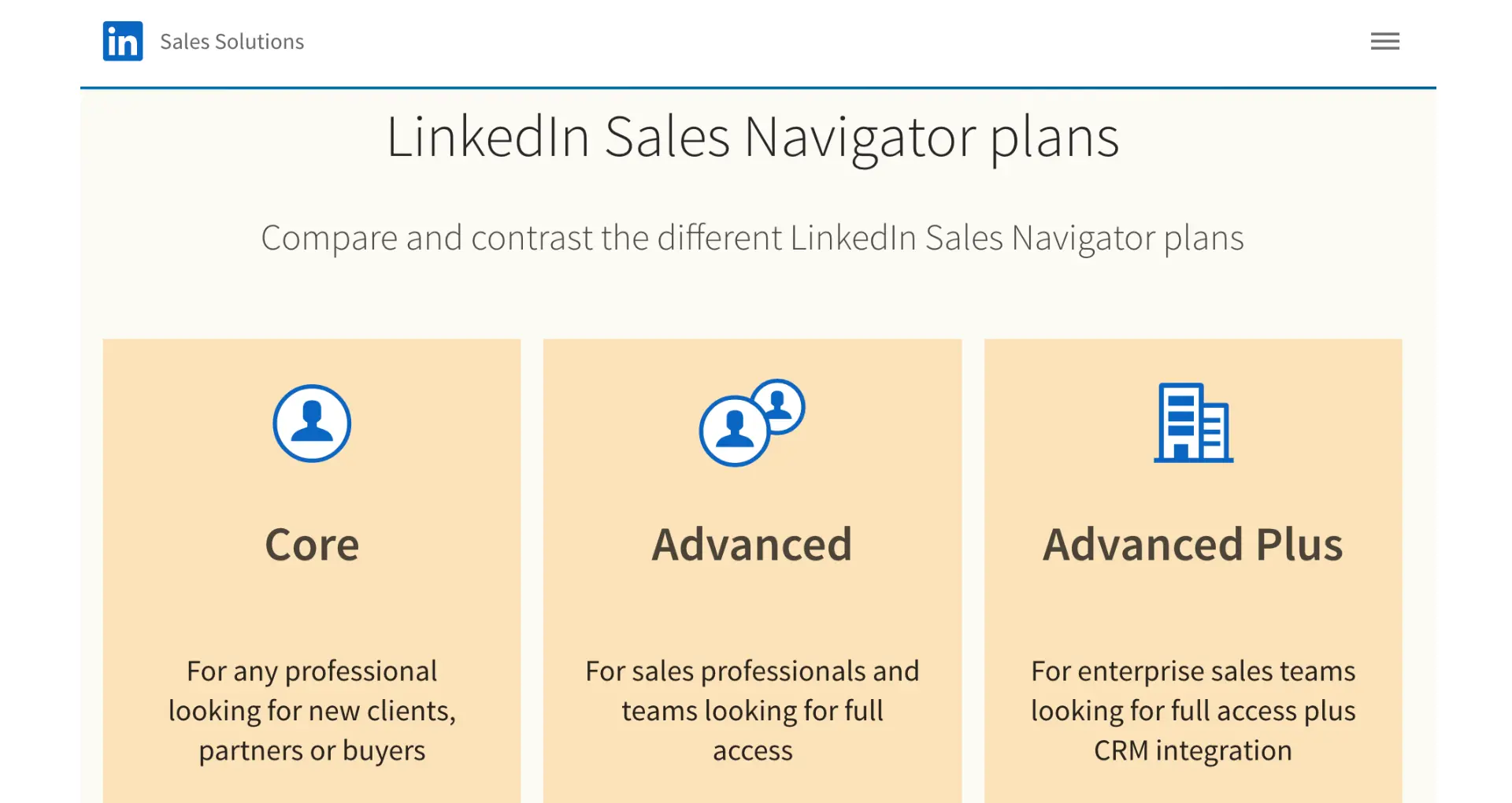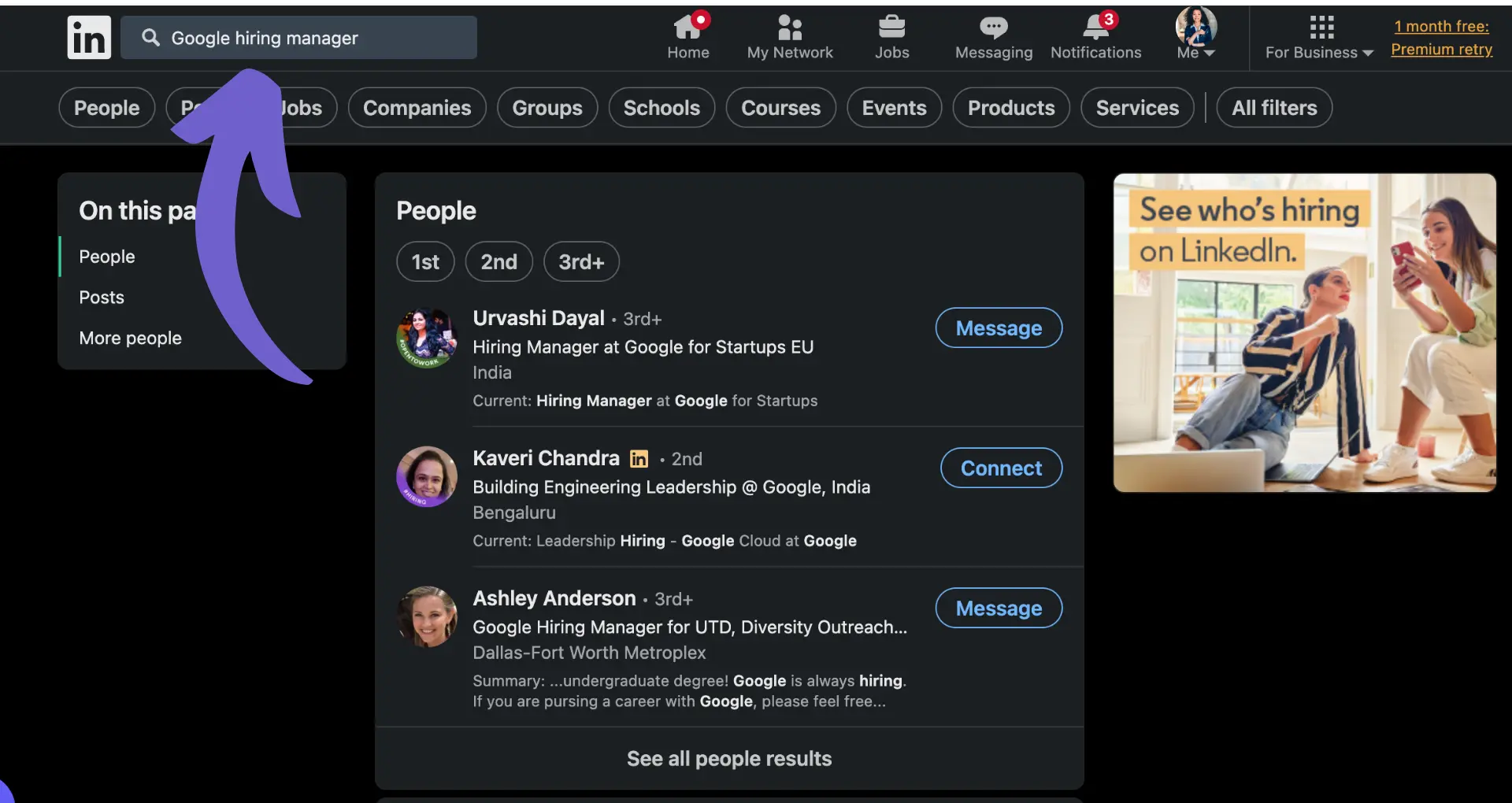"You don't know what you don't know."
This age-old aphorism highlights how, unless we take the time to dig into a subject or situation, we can't really know anything about it to be useful. The same is true with sales. The salesperson can't solve their prospect's problem until they've actually taken the time to qualify each lead and understand that prospect and their problem.
A sales discovery call is one of the earliest steps in that process. It's crucial and not a waste of time. In fact, the discovery calls of top sellers are 76% longer than the average salesperson's, allowing them to gather vital insights.
By reading this guide, you'll learn everything you need to know about sales discovery calls, including detailed steps for preparing and conducting an effective discovery call that sets you up for success.
What is a sales discovery call?
A sales discovery call is an initial conversation between a sales representative and a potential customer to uncover the prospect's needs, challenges, and goals. The primary purpose of this call is to determine if there is a good fit between the company's offerings and the prospect's requirements, helping the salesperson identify high-quality leads and move them further down the sales pipeline.
What is Purpose of a Sales Discovery Call?
A sales discovery call can be used to build rapport and trust with the prospect. For example, a salesperson who takes the time to actively listen and ask relevant questions demonstrates genuine interest in the prospect's challenges, fostering a positive relationship. In contrast, a salesperson who dominates the conversation and pushes their product without understanding the prospect's needs may come across as untrustworthy and self-serving.
Qualifying the lead is another crucial aspect of a sales discovery call. By asking targeted questions and gathering information about the prospect's budget, timeline, and decision-making process, the salesperson can determine whether the lead is a good fit for their offering. This helps prioritize resources and efforts on the most promising opportunities.
Save time and focus on high-quality leads by using Bardeen to automate your lead qualification process!
In the following section, you will learn how to prepare for a sales discovery call to maximize its effectiveness.
Preparing to Pick Up the Phone
Before initiating a sales discovery call, it's essential to conduct thorough research on the prospect. This includes gathering information about the company's background, such as its size, industry, and recent developments. Additionally, staying up-to-date on industry trends and conducting competitor analysis can provide valuable insights into the prospect's potential challenges and opportunities, enabling you to develop targeted questions for the call.
Setting clear objectives is crucial for a successful sales discovery call. Sellers should define what they aim to achieve during the conversation and create an agenda that outlines specific questions to ask. This structured approach ensures that all relevant information is gathered and helps keep the discussion on track.
To further enhance the effectiveness of a sales discovery call, various tools and resources can be leveraged. Here are some examples:
- CRM tools for tracking and managing calls, ensuring proper follow-up and documentation
- Video conferencing software to facilitate face-to-face interactions and build stronger connections
- Data analytics platforms to gain insights into prospect behavior and tailor follow-up strategies
Preparing for a sales discovery call involves thorough research, setting objectives, and leveraging technology. In the next section, you will discover the key components of a successful sales discovery call.
Key Components of a Sales Discovery Call
Understanding the key components of a successful sales discovery call is crucial for identifying and addressing the prospect's needs effectively.
Building Rapport and Establishing Connections
Start the call with a personal introduction, establishing connections based on your research and finding common ground. This helps put the prospect at ease and sets a positive tone for the conversation.
For example, mention a shared interest or congratulate them on a recent company achievement.
Gathering Information Through Active Listening
Use open-ended questions to encourage the prospect to share their challenges and goals. Practice active listening, asking for clarification and using follow-up questions to dig deeper. Top-performing sellers ask 40% more questions than their peers.
Focus on understanding their situation thoroughly before presenting your solution.
Tailoring Your Value Proposition
Based on the information gathered, tailor your value proposition to address the prospect's specific needs and pain points. However, the best sellers only spend about 10% of a discovery call talking about their offering. They spend the rest of their time listening and understanding the prospect's situation.
Then, demonstrate how your solution can help them achieve their goals and overcome challenges.
Qualifying the Lead and Assessing Fit
Use the discovery call to qualify the lead by assessing fit, identifying decision-makers, and discussing budget and timeline. Keep in mind that at least 50% of your prospects won't be the right fit. It's better to find this out sooner rather than later.
Focus on leads that align with your ideal customer profile and have the highest likelihood of success.
To reiterate, the key components of a successful sales discovery call include:
- building rapport
- gathering information
- tailoring your value proposition
- qualifying the lead
In the next section, you'll learn about best practices for conducting effective sales discovery calls.
Save time and qualify leads automatically using Bardeen!
5 Best Practices for Conducting a Sales Discovery Call
Implementing best practices is crucial for conducting successful sales discovery calls that uncover valuable insights and build strong relationships with prospects. Here are our top recommendations:
- Create a comfortable and engaging environment that encourages open dialogue and active participation from the prospect.
- Be genuine, authentic, and sincere in your approach, focusing on understanding the prospect's needs and challenges.
- Keep the conversation centered on the prospect and their unique situation, rather than pushing your product or solution.
- Maintain a structured yet flexible flow, allowing room for the prospect to share their thoughts and concerns.
- Take detailed notes and document key insights to inform your tailored proposal and future interactions.
By following these best practices, sales professionals can conduct effective discovery calls that lay the foundation for successful partnerships. In the next section, you'll learn how to measure the success of your sales discovery calls.
Measuring the Success of a Sales Discovery Call
Measuring and analyzing the performance of sales discovery calls is crucial for identifying areas of improvement and ensuring the effectiveness of your sales process. Here are some numbers to try to keep track of:
- Number of calls booked to gauge the interest level of prospects. For example, if a rep books 20 discovery calls out of 50 prospects contacted, their booking rate is 40%.
- Number of calls completed to assess the rep's ability to engage prospects. If a rep completes 15 out of 20 booked calls, their completion rate is 75%.
- Measure conversion rates to evaluate the quality of leads and the rep's ability to qualify them. If 5 out of 15 completed calls convert to SQLs, the MQL to SQL conversion rate is 33%.
- Follow-up meeting rates will determine the rep's success in moving the sales process forward. If 3 out of 5 SQLs agree to a follow-up meeting, the follow-up rate is 60%.
- Calculate lead qualification metrics to assess the rep's ability to identify high-quality leads. If 2 out of 3 follow-up meetings result in a sale, the lead qualification success rate is 67%.
Continuously seek feedback from both the sales team and prospects to identify areas for improvement. By regularly measuring and analyzing these KPIs, you can optimize your sales discovery calls and drive better results.
Save time and increase impact by using Bardeen to automate lead qualification from your meeting notes!
Conclusion
Sales discovery calls are a vital component of the sales process, enabling reps to understand prospects' needs, build rapport, and qualify leads. By implementing best practices such as active listening, asking open-ended questions, and tailoring the value proposition, sales professionals can conduct more effective discovery calls.
Remember, the key to success is not just talking about your product, but genuinely understanding your prospects' challenges and goals. So, pick up the phone and start discovering - your sales pipeline will thank you!






